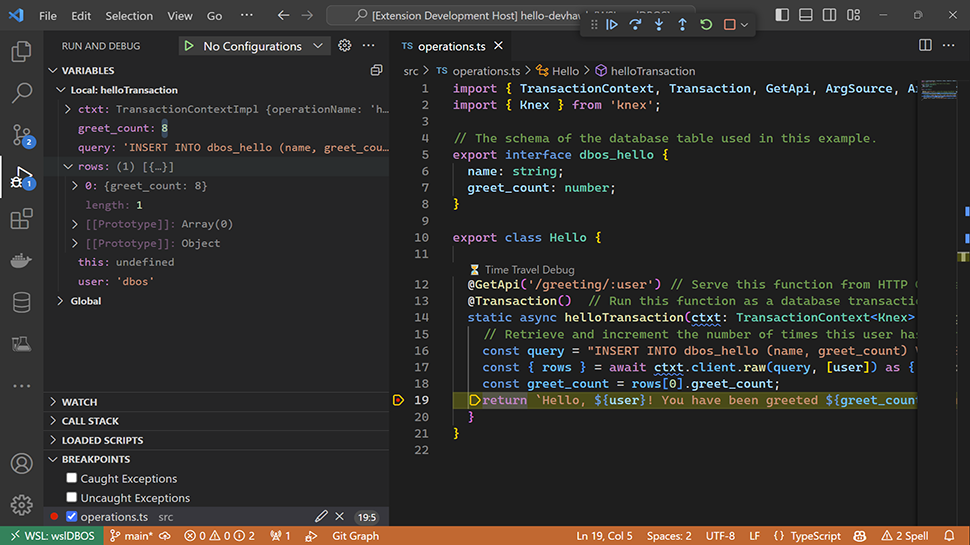
Michael Stonebraker has developed several influential database management systems over the years, including Ingres, PostgreSQL, and VoltDB. Matei Zaharia is the creator of Apache Spark and co-founder and CTO of Databricks.
Working with a team from the Massachusetts Institute of Technology and Stanford University, the pair have created a revolutionary prototype operating system called DBOS - DataBase OS.
The concept of DBOS was born three years ago when Stonebraker realized that the state an operating system must maintain (files, processes, threads, messages and so on) has grown exponentially since the early days of Unix. This, coupled with the limitations of Linux in the current technological landscape, sparked the idea of running the OS on top of a database.
DBOS Cloud
“When I heard a talk by Matei Zaharia in which he said Databricks could not use traditional OS scheduling technology at the scale they were running and had turned to a DBMS solution instead, it was clear that it was time to move the DBMS into the kernel and build a new operating system," Stonebraker says.
As The Next Platform puts it, “Ultimately, every problem in the constantly evolving IT software stack becomes a database problem, which is why there are 418 different databases and datastores in the DB Engines rankings and there are really only a handful of commercially viable operating systems. But what if the operating system is the problem?”
DBOS operates by coding operating system services in SQL on a high-performance distributed, transactional, fault-tolerant database management system (DBMS). As Stonebraker says, ‘This is in contrast to the traditional method of running the DBMS in user space on top of an OS without DBMS services”.
Created as a joint MIT-Stanford open source R&D project, the DBOS prototype demonstrated comparable performance to Linux, but with the addition of several notable features, including high availability, time travel, transactionality, fault tolerance, built-in multi-node scaling, SQL-accessible system state and observability data, and cyber resilience.
Following the successful prototyping of DBOS and securing funding, DBOS, Inc. was launched in April 2023, and the company has now released DBOS Cloud, a transactional serverless platform built on DBOS, designed for stateful TypeScript applications. DBOS Cloud offers key features from DBOS, such as reliable execution and time travel.
Reliable execution means that if a DBOS program is interrupted, it will automatically resume from where it left off, ensuring that no work is repeated and programs always run to completion. Time travel allows users to restore an application's state to any point in the past, making it possible to reproduce rare bugs and run new code against a historical state.
DBOS Cloud is now available for anyone to try for free.








